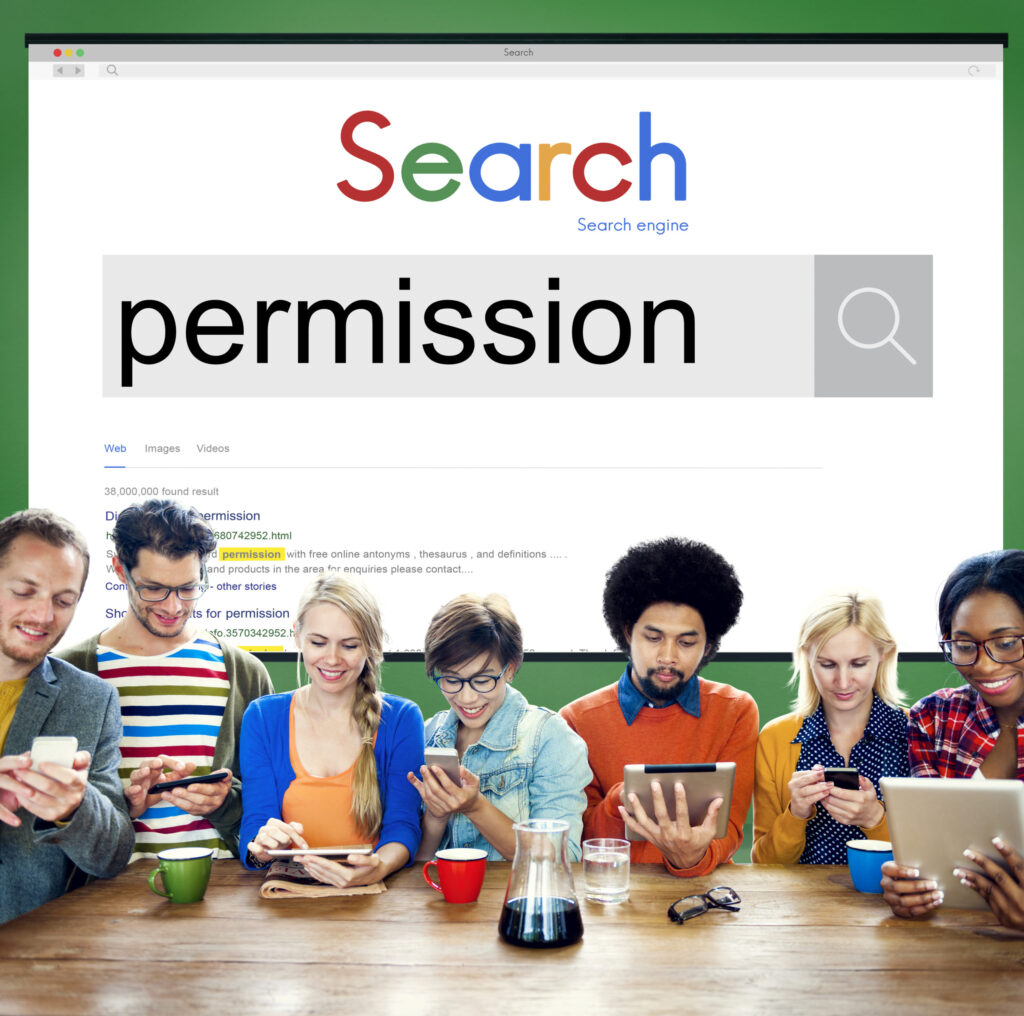
This is a how-to guide on how to handle consent when interacting with other people. Also known as personal consent. One of the aims of this page is to help people navigate the whole #metoo thing.
I am of the opinion that there are a lot of folks out there confused as to why they are being accused of causing harm to other people. I believe this is largely because people don’t understand the details of personal consent and don’t realize that they should be asking permission more often.
What is consent
Consent is the practice of asking for and receiving permission for anything and everything. When it comes to interpersonal interactions it is critical to ensuring you are not unknowingly abusing the other person. Your intentions and your understanding of the situation is absolutely irrelevant to the concept of harm. How your actions are received and whether your actions are desired and wanted is the only thing that matters in whether actions are causing harm or not. All decent human beings want to avoid causing harm to another person, permission is the key to not causing harm.
When it comes to consent it is important to assume nothing, always ask permissions for absolutely everything. Since we are all human we will screw up from time to time and forget sometime. Just focus on being better. I do practice what I preach, I don’t even like to phone another person without checking first with the other person, even though I am certain that my friends don’t mind me calling. The thing with consent is it better to do it too much than too little. If there is even a slightest chance that you do not have permission you need to ask.
Also despite what you may have heard the concept of doing onto others as you would have done to yourself is not relevant here. What you want is not relevant. For example I always put my phone on do-not-disturb if I’m busy and do not want to be disturbed so I’m fine with anyone calling, I just might not answer if I’m busy. I do not know others are the same, so I play it safe and text first to check in.
How do you get permission for a phone call you maybe wondering. I would do that over text. That may seems silly but phone call can be way more disruptive than a text. Text is also asynchronous, where as phone call is synchronous. What that means that if I call and you are in the middle of something, you either have to completely ignore the call or totally stop what you are doing and answer the call. For text you can look at it at your convenience and response when it is convenient for you.
Validity Period
Consent is highly perishable and does not last long. Just because you got a green light before does not imply you still have permission. Consent can also be revoke at any time.
Consent is always verbal, explicit and given enthusiastically. Consent acquired under duress or pressure is not valid. Nagging someone into agreeing to something, results in invalid consent. If the answer to your request is “fine, just get it over with”, you do not have valid consent.
People that are intoxicated or under the influence are not capable of giving consent. If they are not fit to drive they are not fit to give consent.
If the other person is ambivalent or otherwise does not appear confident in their response, you do not have a valid consent. In other words , if you did not get a “Hell yes” or a “yes please” or other type of enthusiastic response, you should proceed as if you got a no and maybe follow up to see what is going on. Something along the lines of “I feel a lack of enthusiasm in that agreement that makes me uncomfortable proceeding. Can we talk about how you are feeling about this” would be an appropriate follow up.
Please note that this sort of follow up is only appropriate if the words said yes but the tone and body language were contradictory. If you got a clear no, or a soft no such as “I’d rather not”, “I’m not in the mood” or something to that effect the only appropriate responses are “I understand, no problem” or “thank you for taking care of yourself”. Then you move on.
There is no such thing as implied or assumed consent. If it isn’t expressed verbally, clearly which receives a enthusiastic response it is not valid.
Also this bears repeating many times, anything other than enthusiastic yes, is a no. This mean that a maybe is a no.
When to ask
So when do you need to ask for permission. That kind of depends on the person you are interacting with. Unless you know the other person extremely well and are 100% confident in what their boundaries are, the safe course of action to ensure no harm is being done is to ask for permission for anything that breaches the personal bubble of the other person.
How big this bubble is depends on the social circumstances you are in, however general safe rule of thumb is 2 meters or 6 feet in diameter. If any part of you is going to come within 2 meters of any part of the other person, you should ask permission. The only exception to this would be a handshake proposal. It is generally considered acceptable to extend your hand so that it is about a meter from the torso of the other person. If they don’t reciprocate right away consider your handshake proposal rejected and retract to a safe distance.
Specific scenarios you should seek consent for
- Hugs, if you would like to hug the other person verbalize that request while maintaining respectful distance. Don’t just step in with arms out.
- Before holding hands. Ask before grabbing their hand
- Never ever touch a pregnant woman belly without an express permission
- Before touching shoulder, hair, back or any other part.
Other points to keep in mind
- Just because you have consent to hold their hand does not imply you have permission to touch their arm
- Having permission to place your hand on their should does not imply consent to rub their shoulder.
- Permission to touch one body part does not imply permission for any other part
- Touch is different from a stroke, from a rub, etc. When you request permission be extremely explicit in what you are asking or make it clear that you are requesting a general consent
- Misunderstanding on what consent was given is always the requesters problem. The phrase “I though you were OK with X” does not negate harm that may have occurred because you were wrong.
Expiration time
The consent is only valid until it is not. I know not super helpful, but it is reality. Consent carries no fixed validity. Consent is valid until revoked or for the duration of an interaction. Consent given last time is never valid. So how do you know consent has been revoked?
- They say something along the lines of “that’s enough” or “I’m going to go do …”
- They start to pull away from you, reposition, etc.
- Their enthusiasm level starts to drop
When in doubt assume you no longer have consent and check in with the other person.
Quiz time: You walk into a party, meet someone and ask for a hug that they agree to. You hug and then you both start mingling. Later that night you see that same person again. Do you still have consent to hug? The answer is absolutely no. Just because they consented to a hug 15 min or 2 hours ago does not mean they consent to hug again.
Other notes
Familiarity does not negate the need for consent. For example:
- Your best friend that you have known all your life, and you know every little detail about them, including the fact they love to hug does not mean you can just hug them without checking in with them first. Maybe they just experienced trauma and a hug right this moment would trigger it or for some other reason they just don’t want a hug right now.
- You have been married for 30 years and you know each other extremely well. Just because you are married does not negate the need for consent.
I heard a great analogy which unfortunately I can’t cite a source for but I’d like to recite it to the best of my memory. Two friends, lets call them Alex and Billy, have known each other for a very long time and they have this ritual where they go and eat hamburgers together. They have been doing this for a very long and have eaten thousands of hamburgers together.
One time they are out at a restaurant and Alex says to Billy that they aren’t in the mood for a hamburger tonight. Billy recants “but you love hamburgers, you had hamburger last time we were here” to which Alex responds “I know but I’m just not feeling it tonight”. Then Billy totally looses it and starts to try to force feed Alex a hamburger. In this scenario Billy assaulted Alex and undoubtedly caused great harm. How many time they had eaten burgers together is completely irrelevant. The only thing that mattered is that Alex didn’t want a hamburger at that moment and Billy should have respected that.
Here is a 10 min video explaining how to be good at consent.
If you have questions feel free to reach out, we can book a session to go deeper into these concept. Our contact information can be found here
You should also check out the Consent Academy
